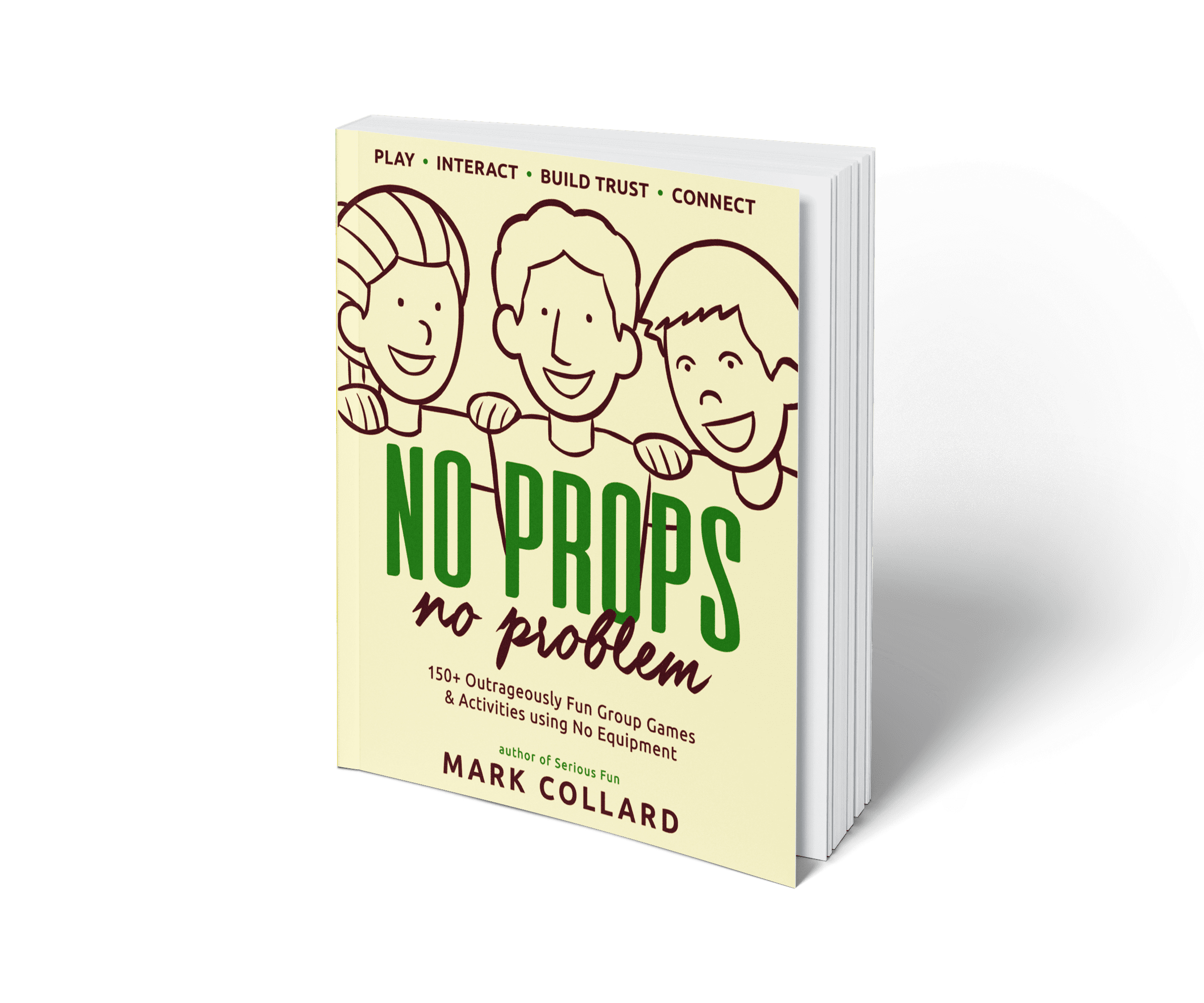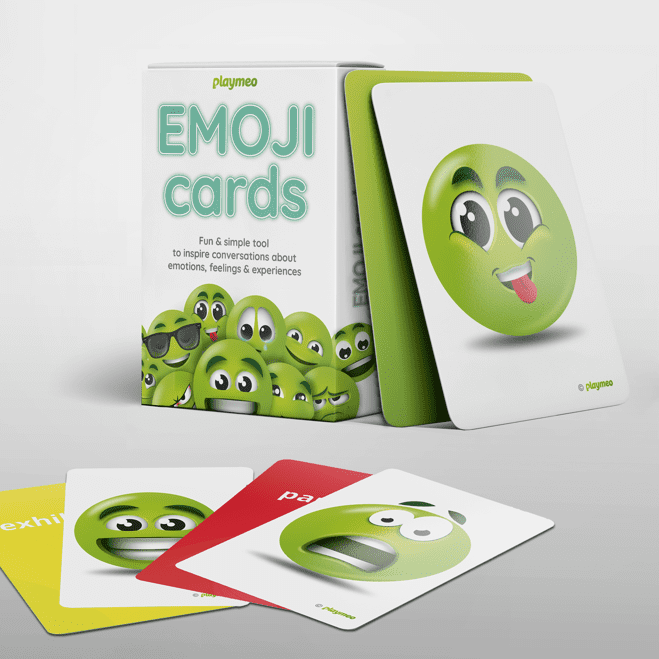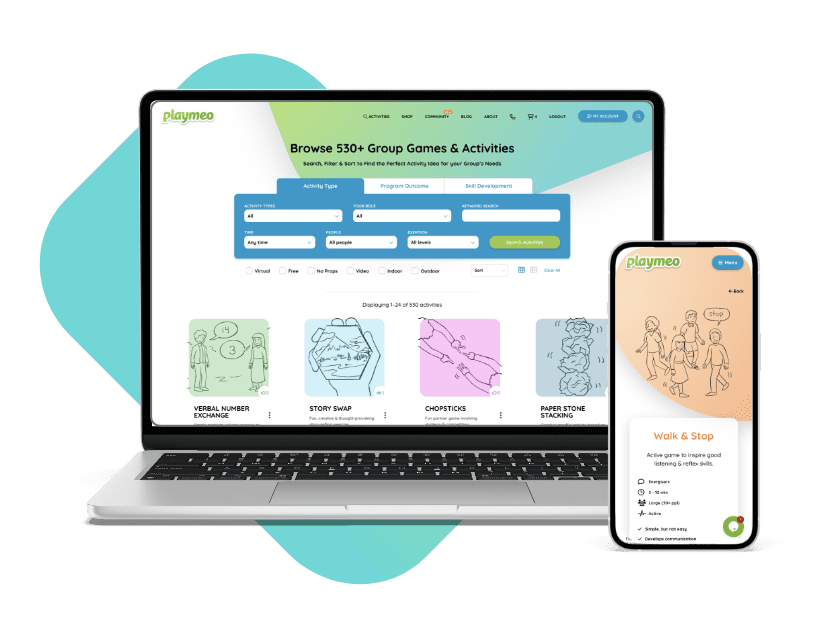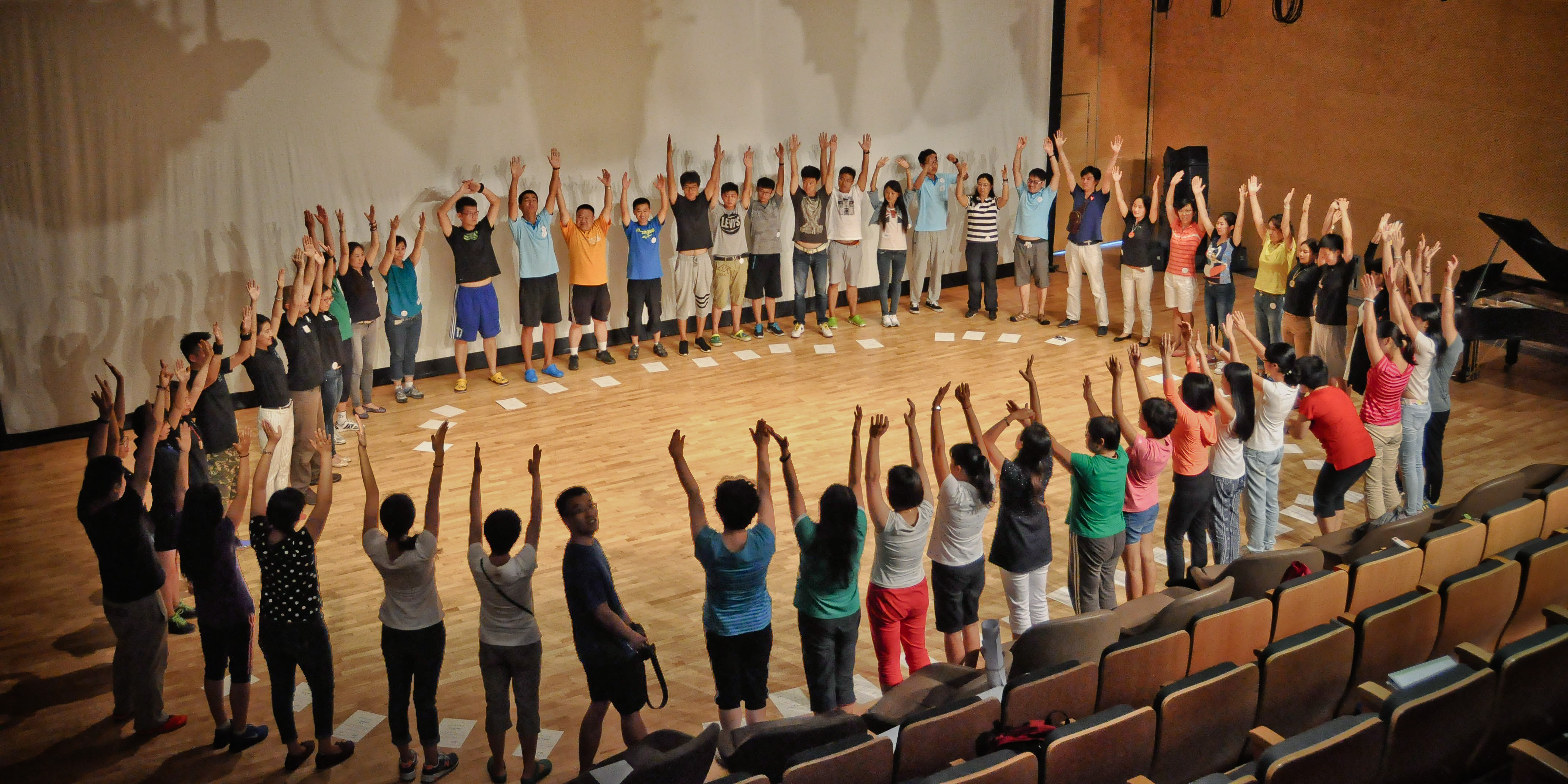A colleague asked me this week:
What do you do when a client asks you to share case studies
to verify the effectiveness of your work?
Sound familiar?
Often these types of questions are asked by people who believe in the efficacy of our work but need something tangible to convince another person (often in charge) that it’s worth trusting you.
Here’s a synopsis of my response:
This is always a fascinating request, and our industry is not unique when it comes to the difficulty of describing the impact of what we do to those whom it matters most, our clients.
Especially because the results are experiential, so it has to be felt to be fully understood. So, often, I will explain this truth upfront to a potential client to help frame the remainder of what I may share with them to ‘prove my worth.’
Yes, I do have case studies – here are three I post on my website – but to be honest, these are rarely ever requested. When they are, I speak absolutely anecdotally about them. No surveys, no empirical research, no stats, just a clear before-and-after description of the results I have been a catalyst in creating.
One thing I will say… I think it makes a huuuuge difference to a client to be super crystal clear about the difference I’m going to make if they engage me (then, it’s my job to exceed their expectations.)
Making A Difference v Setting Goals
As described in my book Serious Fun, articulating this difference is not the same as setting and agreeing on a bunch of nefarious goals for my program. My goals are irrelevant. Honestly, clients care less about meeting goals and just want to know that the money they are about to invest will make a difference. Otherwise, what’s the point?
So, getting the client on the same page as me in regards to realistically knowing in advance what they can expect of me and my program is critically important. I can describe all the case studies I know until the cows come home, but in the end, all they care about is that they are not going to waste their time/money, not to mention, look foolish in front of their boss/peers/etc.
So, do I survey the results from past participants? Nope. I can count on one hand when this was requested by a client, so a very simple survey was developed (always by the client), but honestly, at the end of the day, what matters is not what is on the survey results, but the difference that can be seen, heard and felt by the client afterwards.
These post-program conversations are a real joy because they are often peppered with statements like “In the past we did X and now I have already noticed Y…” or “I can’t believe that A now speaks with B without shouting…” and so on, you get the idea.
I’m no miracle worker, and on occasions, when it is clear that I cannot make a demonstrable difference, I say no to the job. Or more often, negotiate a very clear understanding of the difference I know I can produce. If the client agrees that this is what they want too, then it’s on.
My No-Risk – Don’t Pay Guarantee
And while this promise has never been activated, I always offer a no-risk / don’t pay guarantee. That is, I make it super clear that if the client is not 110% ecstatic about the results I produce, they don’t pay. I don’t send an invoice. This builds trust in me which I think is more powerful than the curated words of a testimonial or case study.
On a rare occasion, a client may wish to speak with a past client of mine – kind of like a reference. But really, after 32 years in the game, is this really necessary? A long career is the most powerful case study of them all. If a client wants to read reviews, I refer them to my Google Reviews or the dozens of testimonials from real people (in their words) on my website.
Finally, do I survey the enduring results of my work one or more months after the program is complete?
Unless this is built into the program – and it rarely is (even though I often recommend a follow-up program) – no. I think in the case of cultural change, this follow-up work is really crucial and important. But this type of work – perhaps the type you are often engaged to facilitate – is best designed to be delivered over many touchpoints from the beginning.
Was this helpful? Please share in the Comments section below.
Or, if any of this raises a question in your mind, it’s now your turn to ask me a question.
Ask Me A Question

No Props? No Problem!
Get 150+ no-prop games & activities + exclusive 30-day free trial of playmeo. Scan QR codes to view activity videos, leadership tips, etc.

EMOJI Feeling Cards
50+ cards that portray a range of emotions from happy, sad, angry & confused. Ideal for building emotional literacy skills.

Wow, you’ve been busy!
You can open 1 more
activity for free.
Limit resets every 24 hours
or click below to get unlimited access.











Original post April 2022, last updated November 2023.